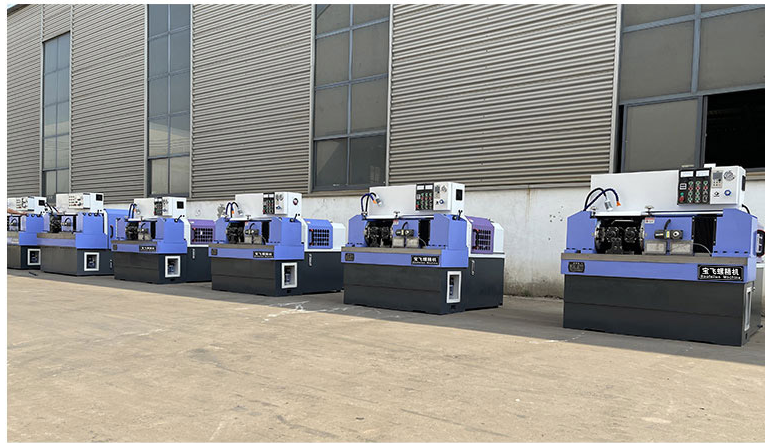
-
 Afrikaans
Afrikaans -
 Albanian
Albanian -
 Amharic
Amharic -
 Arabic
Arabic -
 Armenian
Armenian -
 Azerbaijani
Azerbaijani -
 Basque
Basque -
 Belarusian
Belarusian -
 Bengali
Bengali -
 Bosnian
Bosnian -
 Bulgarian
Bulgarian -
 Catalan
Catalan -
 Cebuano
Cebuano -
 Corsican
Corsican -
 Croatian
Croatian -
 Czech
Czech -
 Danish
Danish -
 Dutch
Dutch -
 English
English -
 Esperanto
Esperanto -
 Estonian
Estonian -
 Finnish
Finnish -
 French
French -
 Frisian
Frisian -
 Galician
Galician -
 Georgian
Georgian -
 German
German -
 Greek
Greek -
 Gujarati
Gujarati -
 Haitian Creole
Haitian Creole -
 hausa
hausa -
 hawaiian
hawaiian -
 Hebrew
Hebrew -
 Hindi
Hindi -
 Miao
Miao -
 Hungarian
Hungarian -
 Icelandic
Icelandic -
 igbo
igbo -
 Indonesian
Indonesian -
 irish
irish -
 Italian
Italian -
 Japanese
Japanese -
 Javanese
Javanese -
 Kannada
Kannada -
 kazakh
kazakh -
 Khmer
Khmer -
 Rwandese
Rwandese -
 Korean
Korean -
 Kurdish
Kurdish -
 Kyrgyz
Kyrgyz -
 Lao
Lao -
 Latin
Latin -
 Latvian
Latvian -
 Lithuanian
Lithuanian -
 Luxembourgish
Luxembourgish -
 Macedonian
Macedonian -
 Malgashi
Malgashi -
 Malay
Malay -
 Malayalam
Malayalam -
 Maltese
Maltese -
 Maori
Maori -
 Marathi
Marathi -
 Mongolian
Mongolian -
 Myanmar
Myanmar -
 Nepali
Nepali -
 Norwegian
Norwegian -
 Norwegian
Norwegian -
 Occitan
Occitan -
 Pashto
Pashto -
 Persian
Persian -
 Polish
Polish -
 Portuguese
Portuguese -
 Punjabi
Punjabi -
 Romanian
Romanian -
 Russian
Russian -
 Samoan
Samoan -
 Scottish Gaelic
Scottish Gaelic -
 Serbian
Serbian -
 Sesotho
Sesotho -
 Shona
Shona -
 Sindhi
Sindhi -
 Sinhala
Sinhala -
 Slovak
Slovak -
 Slovenian
Slovenian -
 Somali
Somali -
 Spanish
Spanish -
 Sundanese
Sundanese -
 Swahili
Swahili -
 Swedish
Swedish -
 Tagalog
Tagalog -
 Tajik
Tajik -
 Tamil
Tamil -
 Tatar
Tatar -
 Telugu
Telugu -
 Thai
Thai -
 Turkish
Turkish -
 Turkmen
Turkmen -
 Ukrainian
Ukrainian -
 Urdu
Urdu -
 Uighur
Uighur -
 Uzbek
Uzbek -
 Vietnamese
Vietnamese -
 Welsh
Welsh -
 Bantu
Bantu -
 Yiddish
Yiddish -
 Yoruba
Yoruba -
 Zulu
Zulu
Thread Rolling Machine Manufacturing and Operation Solutions for Industrial Applications
Understanding Thread Rolling Machines and Their Impact on Manufacturing
Thread rolling machines are vital equipment in the manufacturing industry, primarily used for the production of threaded components. These machines operate on a principle that transforms cylindrical blanks into finished products with enhanced properties. The process of thread rolling is both efficient and effective, allowing for the production of robust and precise threads that are essential in a myriad of applications.
The working principle of thread rolling machines revolves around the cold forming process. Unlike traditional machining methods that cut material away, thread rolling utilizes high pressure to deform the material, forming threads through a compressive force. This manufacturing method not only improves the dimensional accuracy of the threads but also enhances their mechanical properties. The cold working process refines the grain structure of the metal, resulting in increased strength and fatigue resistance.
There are several types of thread rolling machines, including flat die, cylindrical die, and radial die machines. Each type serves different manufacturing needs and is suitable for producing various thread forms, including external and internal threads. The choice of machine depends on factors such as the size and type of the threaded component, as well as production volume.
thread rolling machine working company

One of the significant advantages of using thread rolling machines is their efficiency. The process can produce a large number of threaded components in a relatively short period. This high throughput makes thread rolling an attractive option for industries that require bulk production, such as automotive, aerospace, and construction. Additionally, the reduced material waste associated with thread rolling, compared to cutting methods, makes it a more sustainable choice.
Moreover, thread rolling machines are designed with advanced technology to ensure precision and ease of operation. Automation and computer numerical control (CNC) systems are increasingly being integrated into these machines, allowing for better quality control and consistency in production. Operators can program the machine to create specific thread profiles, reducing the risk of human error and maximizing productivity.
In conclusion, thread rolling machines play an indispensable role in modern manufacturing. Their ability to produce high-quality threaded components efficiently and sustainably contributes significantly to various industries. As technology continues to evolve, these machines will likely become even more sophisticated, further enhancing their importance in the manufacturing sector. Companies seeking to improve their production processes should consider investing in thread rolling technology, as it promises not only cost-effectiveness but also superior product quality.
